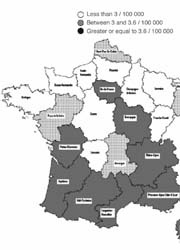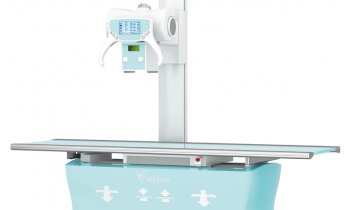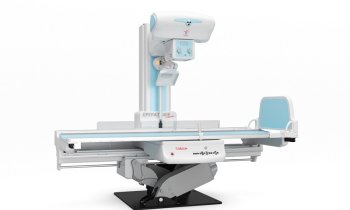Orthopaedic surgery in France: cause for concern?
While consensus varies according to source as to the number of orthopaedic surgeons in France, all statistics point to a steady decline the numbers of qualified specialists and particularly in the numbers entering the specialty.

In 1999, orthopaedic surgeons represented 21% of all surgeons in France; by 2002 this percentage was 10.9%. However, demand for orthopaedic surgery has not followed a similar downward path. Information from National Statistics (CNAM) shows a progression of 4.95% in surgical consultations and operations since 1998. In 2003, SOFCOT (National College and Union of Orthopaedics) conducted a survey of French adults. The results suggested that about 12% of adults seek some form of orthopaedic consultation annually – roughly 2.3 million people. If we include the paediatric population, according to another survey 1.6 million children required orthopaedic treatment in the year preceding the survey and 163,000 of these underwent surgery.
Closer inspection shows that not all these operations were performed by specialists. Figures from CNOM (Conseil National de l’Ordre de Médecins) suggest that 27.56% of orthopaedic and emergency surgical interventions are carried out by surgeons with no real specialist qualification.
Modelling by various different epidemiological methods has indicated a need to train 201 more orthopaedic surgeons to satisfy legal requirements from 2003 onward.
The average age of qualified orthopaedic surgeons is 46±8 years; this is higher than the national average (44.6), and 78 of them retired between 1998 and 2007. Amongst paediatric specialists, 66 retired over a 10-year period and only about half the number of young surgeons qualified to replace them. If we consider it takes six years to train, spread over five years, this equates to a deficit of 40 orthopaedic surgeons per year. Extrapolation of these figures gives a deficit of 192 this year, 212 in 2009 and 219 in 2010.
To overcome the problem 192 surgeons should have qualified this year. Why is this not happening? One major reason is the increase in insurance premiums up to 20,000 euros annually, coupled with poor recompense in salary, social security reimbursement for surgical interventions has remained unchanged for 20 years, e.g. hip replacement is valued at 489.69 euros; taking into account inflation its real value would be 900 euros. Also, the increasing feminisation of the medical profession is affecting this specialty; only 2.6% of orthopaedic surgeons are female!
The college of orthopaedic surgeons has been warning of this problem since 2004 and instead of the situation improving the general malaise described in this article seems to be spreading to other branches of surgery. For France to maintain her position as one of the world’s foremost surgical nations, change is needed, quickly.
Reference: Caton and Duburcq in
e-mémoires de L’Académie Nationale
de Chirugie, 2007;6:103-111
28.10.2008








